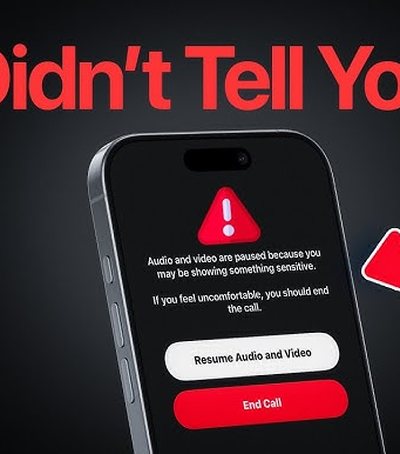Discussions about Emotional Intelligence are numerous - it is everywhere and among the most sought after qualities for personal and professional development.
Emotional Intelligence (IE) has also been subject to heated debates by prominent thinkers. Two experts, Adam Grant and Daniel Goleman, have often faced the past, with Grant claiming that the Intelligence Coefficient (KI) is more important than Emotional Intelligence (IE), while Goleman denied it.
In my studies and observations over the years, it's obvious that exemplary employees who exhibit Emotional Intelligence make the job better. The following examples will give you more incentive to engage a larger number of employees who possess Emotional Intelligence.
Below are eight reasons why you should do this ...
1. Teamwork improves
High IE people communicate better with their colleagues than those who are not in harmony with their Emotional Intelligence. They share ideas and are open to the thoughts of others. They are less inclined to dominate a situation and "take charge" of something, without first consulting with others. This creates confidence when the team is to work together.
2. Improved customer service
When you work in an office where colleagues and associates go well, cooperate and respect each other, work is the most beautiful and the work culture is stronger. This is reflected in a more positive customer service.
3. Embracing change
It is natural for employees to cope with change. With change, fear, anxiety and tension can come as well. However, employees with high emotional intelligence adapt and embrace change more easily together with company goals.
4. Feedback is welcome
Managers often face employees in 'defensive position' when they offer constructive feedback, which can be frustrating for both sides. Employees in harmony with IE receive and use feedback in a positive way to improve and grow.
5. The toughest situations are better managed
People with High Emotional Intelligence know how to manage challenging situations, such as unsatisfied clients, unsatisfied associates or managers dissatisfied with your job. Another high level of IE will be manifested in maintaining calm and positivity during difficult conversations and setting boundaries in case of disagreement, conflict, and disciplinary action (if you are a leader).
6. People create stronger relationships and support each other
Emotional Intelligence appears when we show compassion for others by helping and covering the responsibilities of a colleague who is going through a difficult time due to a personal problem. The act of compassion shown among colleagues or managers and employees, unites people and improves the morals and reputation of your company.
7. The deadlines and objectives at work are easily met
The terms and objectives at work are easily fulfilled. Hire a team of high emotional intelligence and see how efficiently they will manage time to meet projects and respect important deadlines, compared to low IE employees. For drivers this means less need for micromanagement. People with high IE know how to prioritize tasks and accomplish work in a short time.
8. People are more self-motivated
People with high IE have an open mentality. They are optimistic, more resilient when faced with obstacles (not easily delivered) and more motivated in their ambition, striving to achieve a goal, take initiatives and act in the face of opportunities.
8 Questions to Assess Your Emotional Intelligence
Daniel Goleman, the chief authority on Emotional Intelligence, raises these questions that will help you evaluate your Emotional Intelligence and reflect on your strengths and limits in IE.
1. Are you aware of your feelings and why are you feeling that way?
2. Are you aware of your limitations and your personal strengths?
3. Can you manage the worrying emotions - for example, to get yourself swiftly angry or stressed?
4. Can you adjust without a problem to the changing realities?
5. Do you focus on the main objectives and do you know the steps needed to achieve it?
6. Can you understand the feelings of the people you interact with and their way of looking at things?
7. Can you negotiate a satisfactory deal and give your help in resolving conflicts?
8. Do you have the ability to persuade others and use your influence effectively?
* Marcel Schwantes, Founder and Chief Human Officer, Leadership From the Core
Source: INC / monitor /





